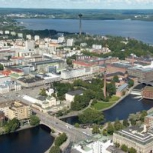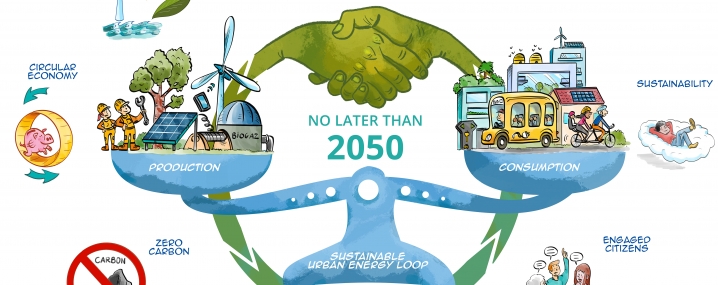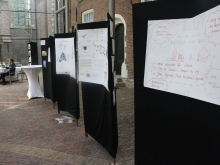
Tampere
About 180km or a 1.5-hour train journey from the Finnish capital of Helsinki, lies the former industrial city of Tampere. The decline of the textiles and engineering industries after the 70s created large-scale unemployment and the city was hit by a severe economic crisis. Since then, however, the city has gradually developed a new identity and new sources of economic growth—particularly in IT, telecommunications, health-related technology, the creative industries and higher education.
Research and development partnerships between the region’s industrial companies and its universities provided a major boost to innovation—helped by the expansion of mobile phone company Nokia and its R&D facilities. The city’s first science park was jointly developed in the late 80s, as a home for technology start-ups. Over the years, a variety of technology transfer initiatives and incubation centres were set up to turn IT expertise into products and to promote entrepreneurship. The growing services sector attracted major offices for paper manufacturer UPM and retailer group Kesko.
Meanwhile, many of the former industrial buildings in the city centre were redeveloped, and now host offices, bars, and cultural institutions. With its vibrant city centre, dynamic economy and pleasant natural surroundings, the city has become an attractive place to work and study. Tampere is the No. 1 choice for students in Finland, and the city tops many national quality-of-life rankings. Nevertheless, the unemployment rate is still relatively high at 12%, against a national average of 7%.
SOME RELATED NETWORKS
EUniverCities
My Generation at Work
News
23 Action Planning Networks approved!
Article
Lifting the lid on URBACT’s Good Practices
News




